
Israel education is getting an overhaul thanks to the Atlanta-based Center for Israel Education (CIE) and its three-year initiative to bring resources and expertise to select day schools in the United States and Canada.
A three-year grant from the Legacy Heritage Foundation is enabling the CIE — an offshoot of the Emory University Institute for the Study for Modern Israel — to work with nine schools, including Sinai Akiba Academy and Pressman Academy of Temple Beth Am.
“Israel is an organic part of the Pressman fabric and Israel education is interwoven into our curriculum,” said Yonatan Rosner, Judaic Studies principal at Pressman. He pointed to the school’s rich Hebrew immersion program, school holiday celebrations and a 22-year-long Jewish Federation twinning partnership with the Magen School in Tel Aviv. Many Pressman families travel to Israel every year and many graduates study in Israel and even make aliyah, he added.
“The grant with CIE allows our faculty and staff to further their knowledge and understanding about Israel and create a platform that allows further collaboration between Judaic and general studies around themes such as Israel’s people, places and environments; Israeli and Jewish identity; and Israel’s science, technology and society,” Rosner said.
The program isn’t about creating a political bias to the right or to the left, said Tal Grinfas-David, the CIE faculty member who is working to boost Israel education in day schools across North America.
“It’s not about narratives,” she said. “It’s apolitical. We do the history. When you’re a historian, you look at as many primary sources as you can to identify what transpired without a monolithic narrative. Zionism wasn’t monolithic. Similarly, Arabs living in Israel before the state have many reactions to Jews living in the land.”
The CIE provides sources, including maps and correspondence, Grinfas-David explained, to uncover as many authentic materials as it can to accurately tell what’s happened. “Providing students with these materials will better prepare them [to become] “informed consumers of information.”
We’re training teachers how to understand modern Israel’s history, and how to understand the approach to teaching apolitically.
— Tal Grinfas-David
The program is running in multiple cities including Detroit, Denver and Vancouver, in various educational settings and for various age ranges. This is why it’s “so important to create tailored professional development and resources,” Grinfas-David said. “We’re training teachers how to understand modern Israel’s history, from Zionism to the present day, the connection of people to the land and how to understand the approach to teaching apolitically, allowing students to access the primary sources.”
Grinfas-David said she leaves it up to each school’s administration to decide how the grant will be used (which may include in-person or virtual trainings) and works with the teachers to help them infuse their curriculum with information about modern Israel, bringing in ideas from STEM and innovation. One example of a lesson is a comparison between the American and Israeli declarations of independence, especially the presence or absence of God in the documents.
The Pressman faculty learned with Grinfas-David in the fall and winter of 2018, and another professional development seminar took place at the end of February.
Rosner said the CIE grant will enable Pressman leadership to examine “how we engage students in understanding the past and present state of Israel and its global connections.”
Pressman teachers Julie Schimmel and Meghan Stein Hart attended last June’s CIE conference and are now CIE coordinators at the school for kindergarten through eighth grade, identifying what is being taught already as well as opportunities for integration and curriculum development in the years ahead.
“After having attended CIE twice, I am grateful for the education that they have provided,” said Schimmel, who teaches third-grade Judaic and Hebrew immersion studies. “They are masters at providing learning about Israel to enrich yourself and also learning how to implement Israel learning utilizing best practices. I would attend CIE every summer if I could.”







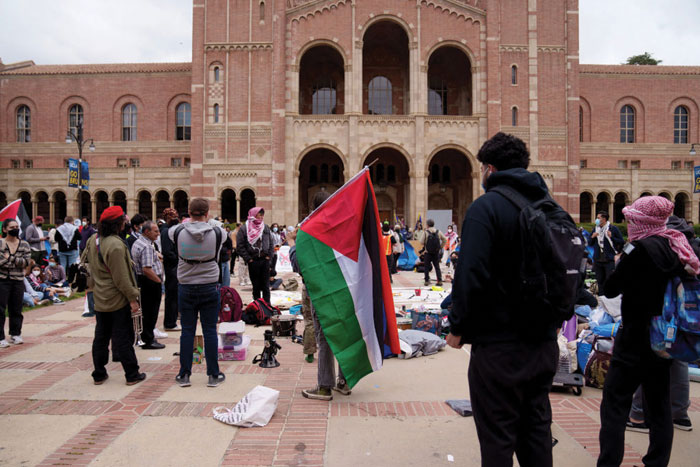

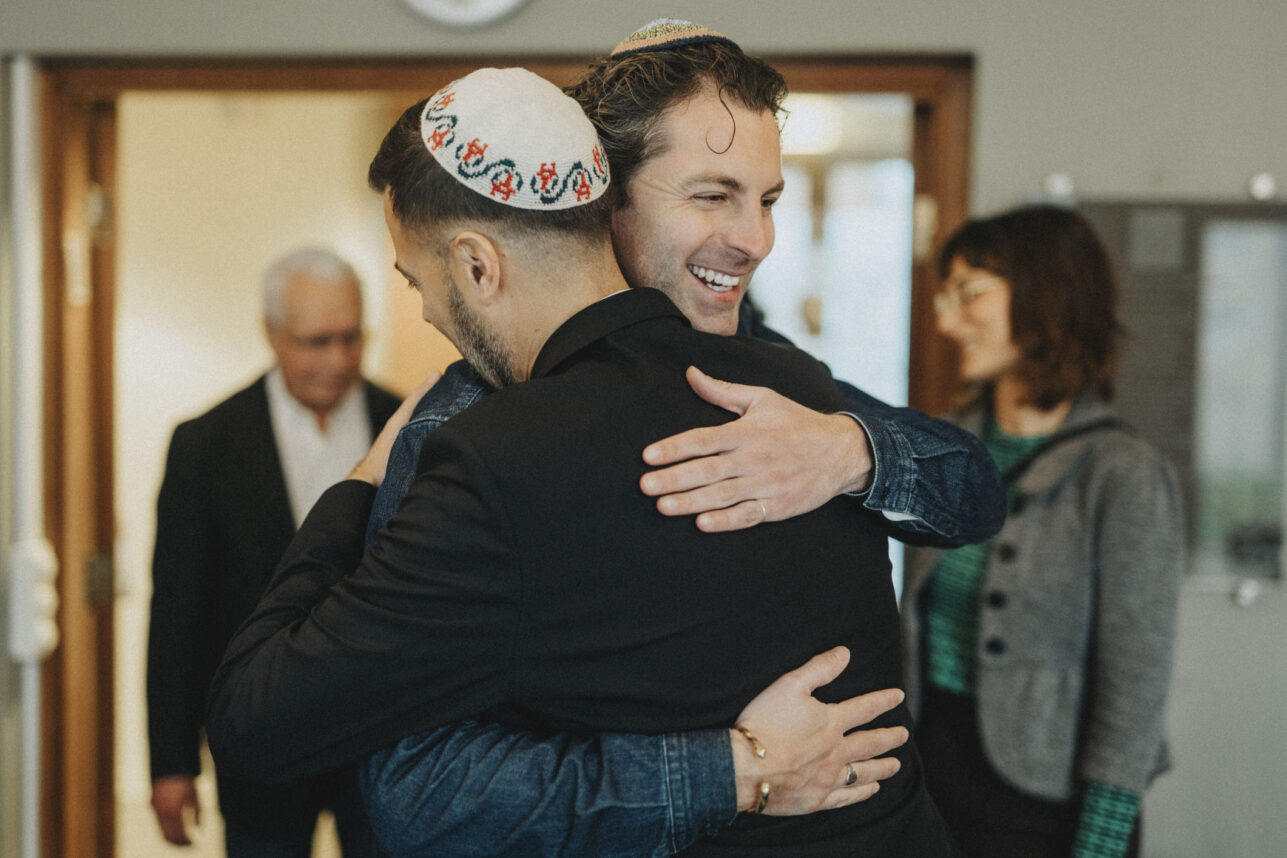
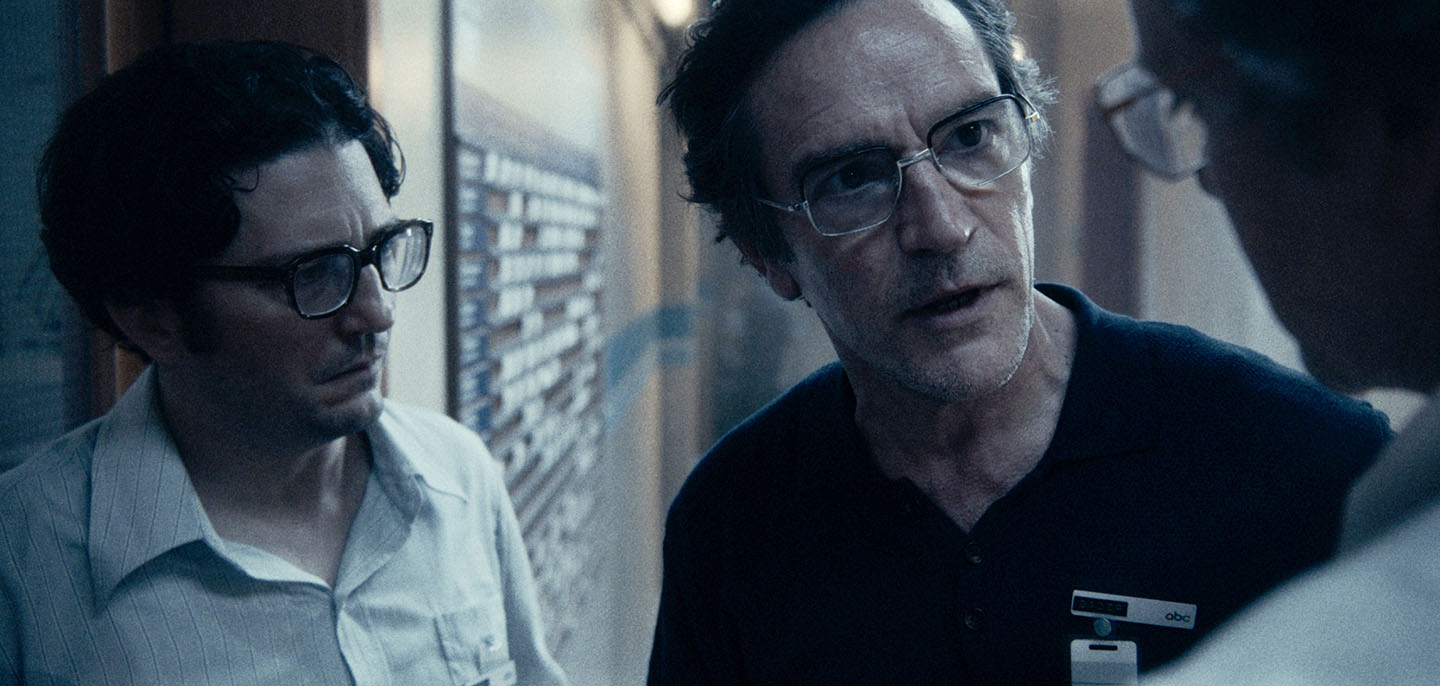
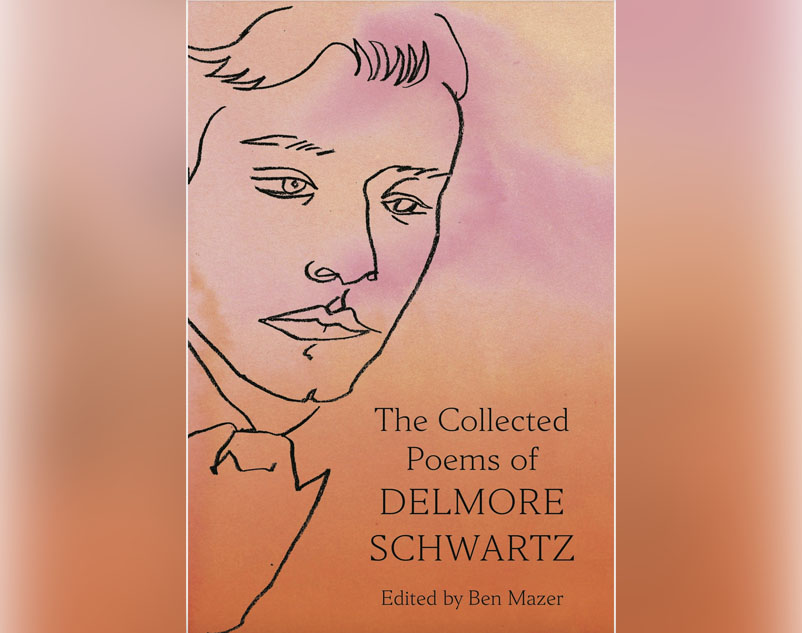

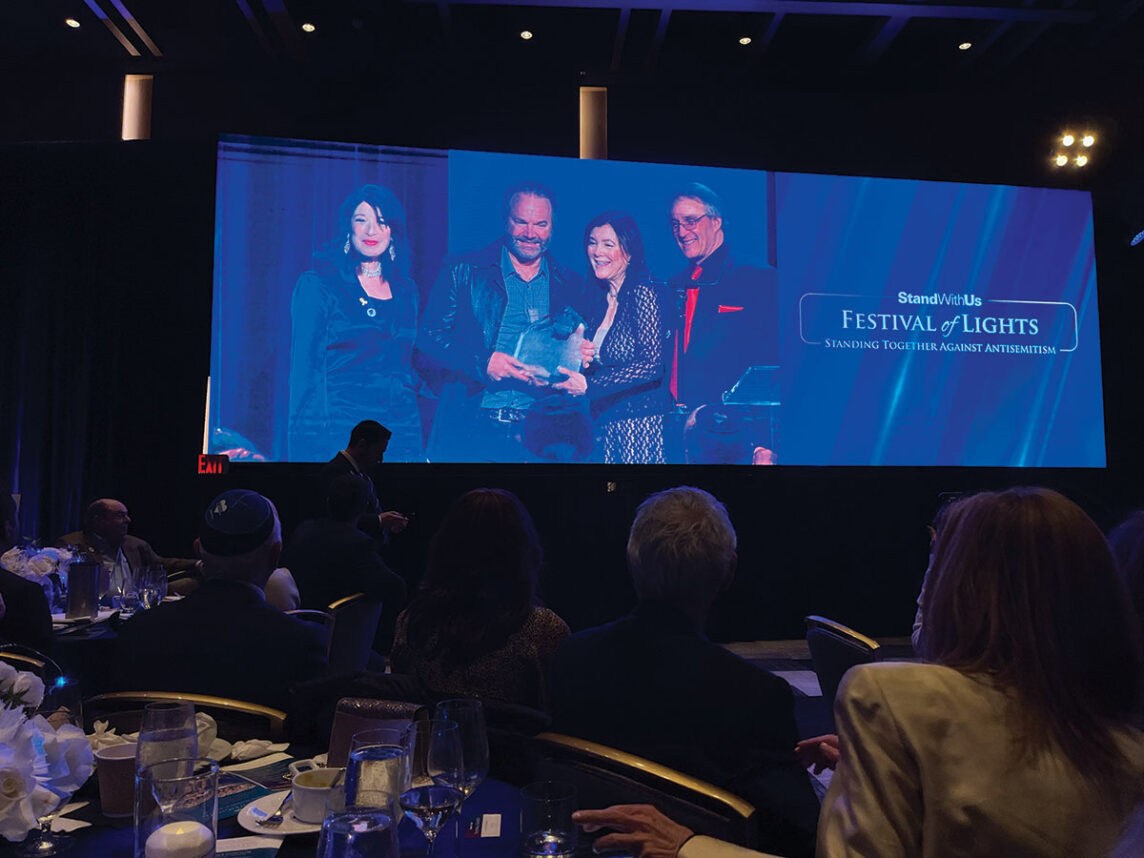
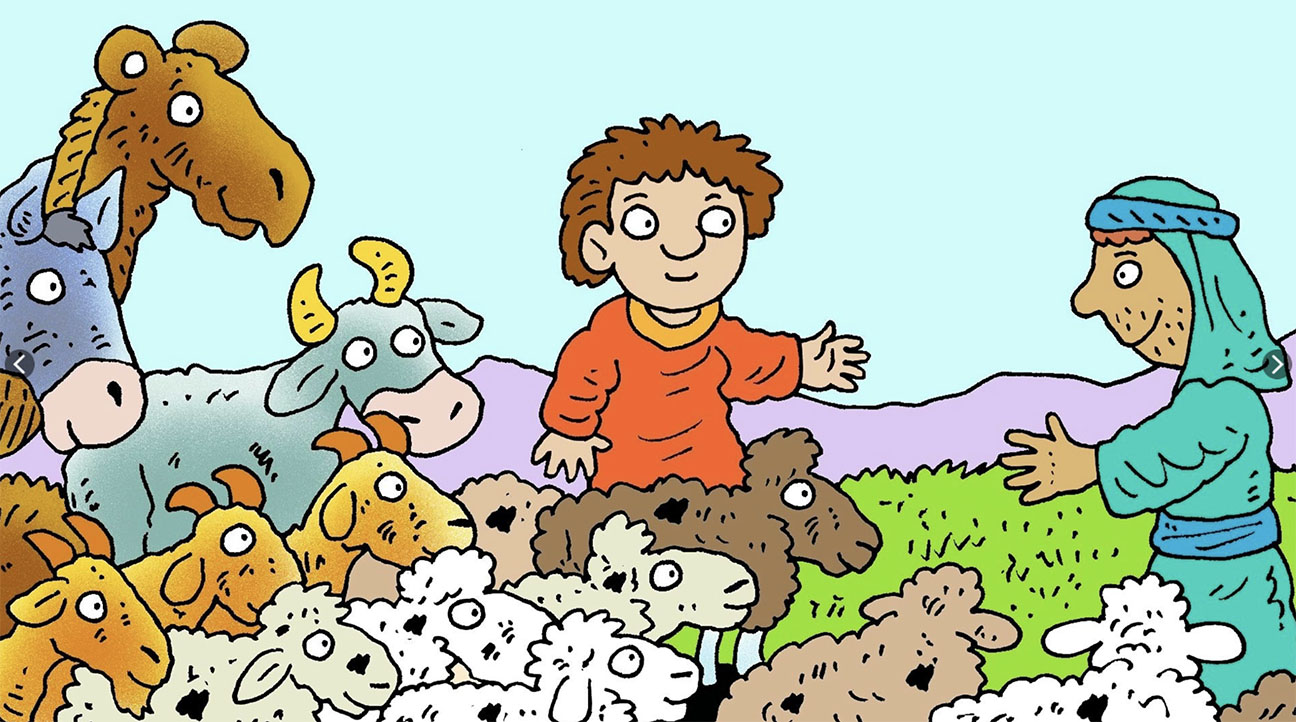
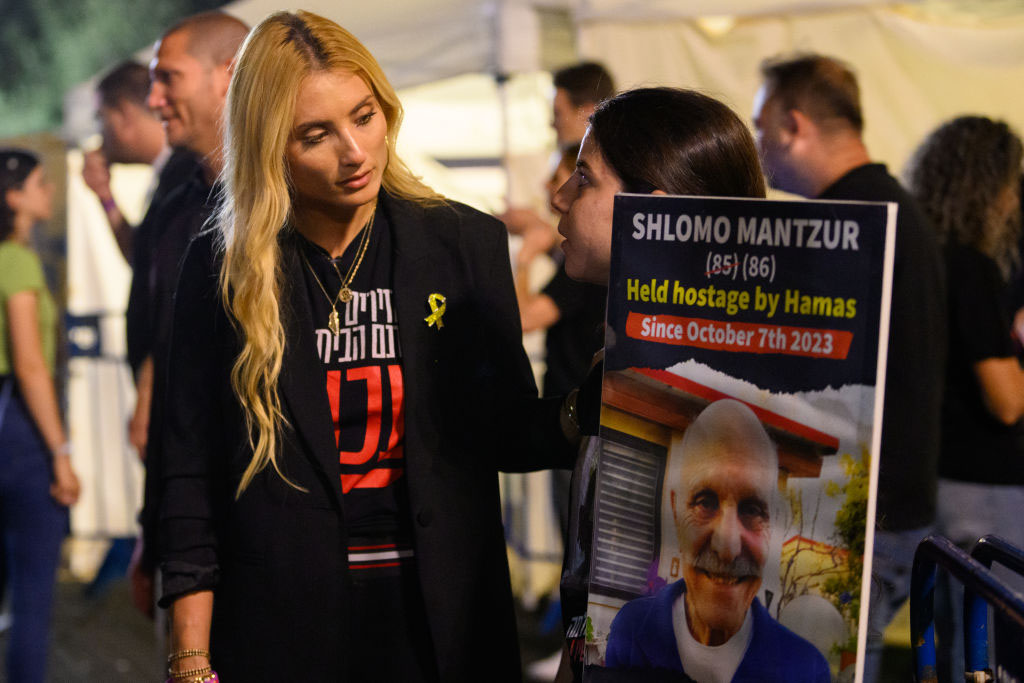
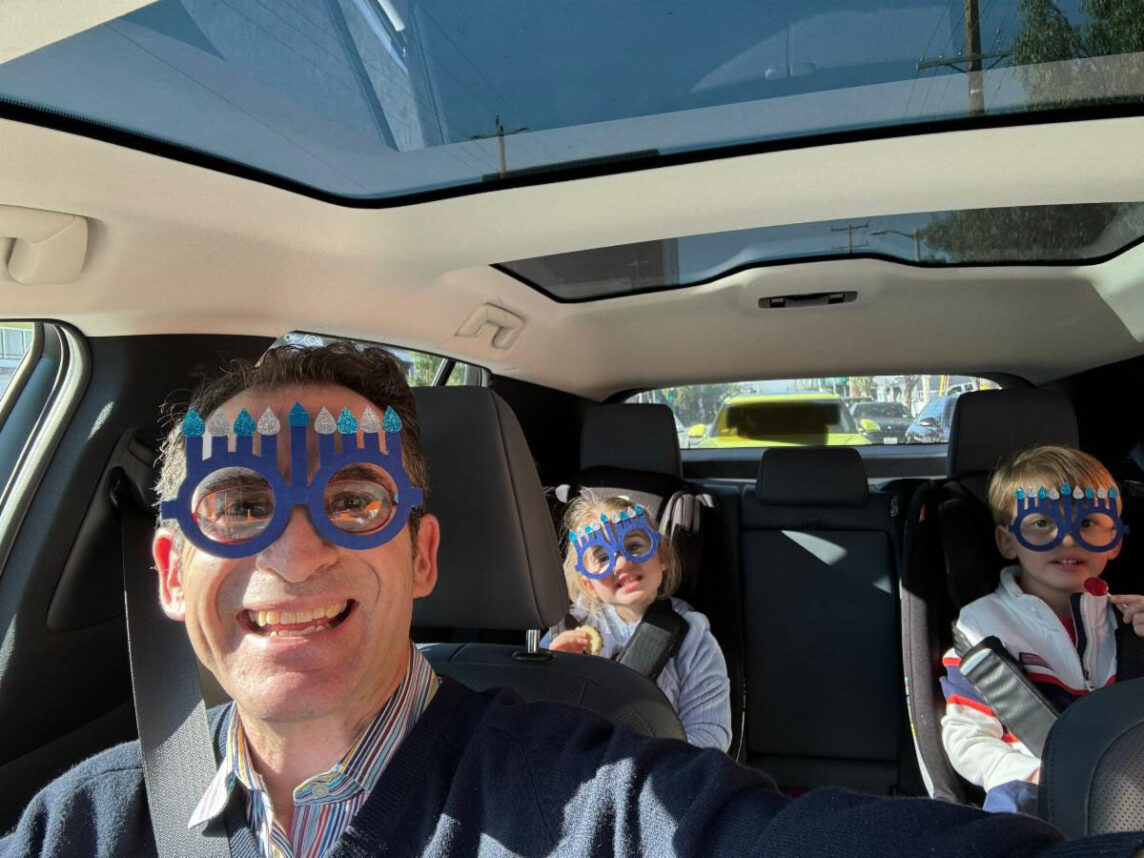





 More news and opinions than at a Shabbat dinner, right in your inbox.
More news and opinions than at a Shabbat dinner, right in your inbox.